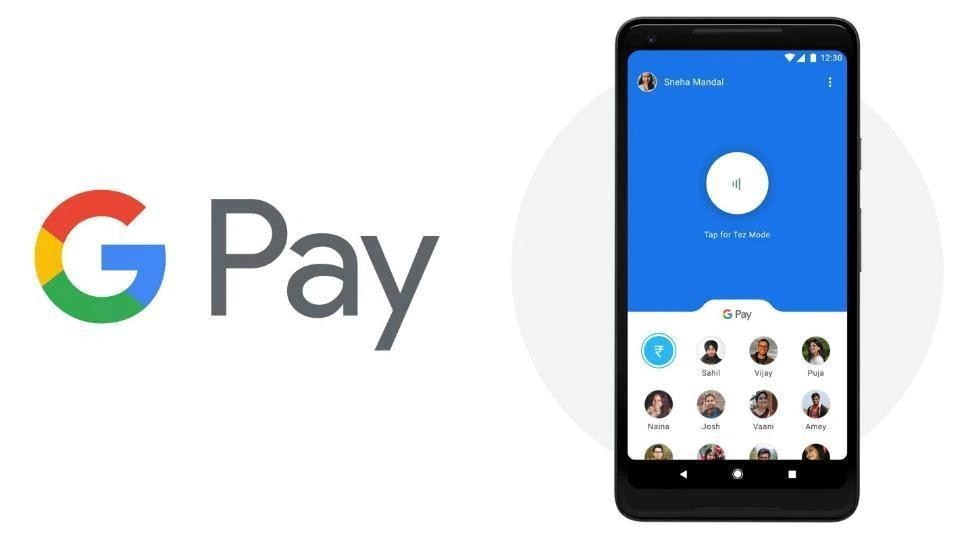Google releases security tips for Google Pay users to help tackle fraudsters
Google Pay and other payment platforms are being targeted by fraudsters. Here’s what users must keep in mind.

Google Pay, Paytm and other payment platforms on mobile have become the new target for fraudsters in India. Google has now put together a note on the best practices to use Google Pay safely and keep fraudsters and cybercriminals at bay.
Google has advised users to keep their UPI pin confidential. Google Pay comes with two layers of protection. The first step unlocks the payment application and the second step (UPI pin) lets you complete the payment process. In a new ad campaign by Google, users are advised to keep the UPI pin secret as they'd do for the ATM pin.
The company also asks users to download trusted applications on their devices. In the case, users find anything suspicious, they should reach out to the customer care.
Here's what Google suggests when you get calls without context:
"When you receive a call from an unknown number, be very alert. If they claim to be calling from your bank / retailer / insurance but YOU don't recognise them, be wary. If the conversation turns to asking information about government IDs, documents, personal financial data like your PIN, bank account number, UPI ID, immediately
disconnect! Remember: You are not required to ever, EVER, reveal these details to anyone, no matter how convincing they sound."
What you should never do when you get such calls or messages:
"Give in to requests for making an instant transaction, especially while on the call or while online, where the caller says they are standing by.
Click on a link sent over SMS/email
Download or install an app/file while on call
Share your screen laptop or phone screen using a software or web link they send you
Reveal your government ID, PIN, UPI ID, or any bank details over the phone
Requests to fill an online form, even if it looks legitimate. Fraudsters often create
fake web pages that appear familiar, with logos and designs that resemble your bank or app."
Always remember
Your UPI PIN is only needed to send money. Receiving needs no PIN. If someone asks you to enter a PIN, it means you are approving an outward payment.
Never make a financial transaction -- be it a recharge, bill payment, or anything else while distracted. And never do it under pressure with someone on the phone line.
Always do it with a clear head and give it your full attention.
Google earlier this year introduced SMS notification for transactions via the Google Pay application. The company in a post also highlighted some of the security infrastructures in place for Google Pay users. For instance, Google Pay uses machine learning-based scan prevention models and shows explicit "scam" or "stranger" alerts when a user gets a request from someone not in their contact list.
We take our users' security very seriously.
— Google Pay India (@GooglePayIndia) November 27, 2019
Please make sure you do not share personal information like PIN, SMS OTP, debit card details, etc. with anyone, via email, forms or phone.
Fraudsters could take your details and use other channels to defraud you.
(1/2)
As stated earlier, Google Pay isn't the only platform targeted by cybercriminals and fraudsters. Paytm, one of the most popular digital payments platforms in India was recently targeted by fraudsters. Last month, a number of users reported fraud in the name of e-KYC verification.
Pls don't trust any SMS send of blocking your Paytm account or suggestion to do a KYC.
— Vijay Shekhar (@vijayshekhar) November 19, 2019
These are fraudsters attempting on your account. Pls RT. pic.twitter.com/vHKBFmo3nc
Paytm later issued a statement saying that the company doesn't send such malicious messages or ask users to download any other application to complete the KYC. "KYC can only be conducted at authorized KYC points or by our representatives at your doorsteps," said Paytm in its advisory.
"Pls don't trust any SMS send of blocking your Paytm account or suggestion to do a KYC. These are fraudsters attempting on your account," Paytm's Vijay Shekhar said in a tweet.
Even PhonePe earlier this year released advisory on how to tackle the growing problem of "request money fraud." The company said fraudsters are targeting users who've posted sale listings on Quikr, OLX and other sites.
"You post a product listing on OLX, Quikr or a similar site. The fraudster spots your listing and gives you a call saying that are interested in buying the product. They also tell you that they're unavailable to pay in-person and would like to make a money transfer using the PhonePe app. They might build on their credentials by telling you that they work for the Army, the Police, the Government etc," said the company in a blog post.
Catch all the Latest Tech News, Mobile News, Laptop News, Gaming news, Wearables News , How To News, also keep up with us on Whatsapp channel,Twitter, Facebook, Google News, and Instagram. For our latest videos, subscribe to our YouTube channel.

























